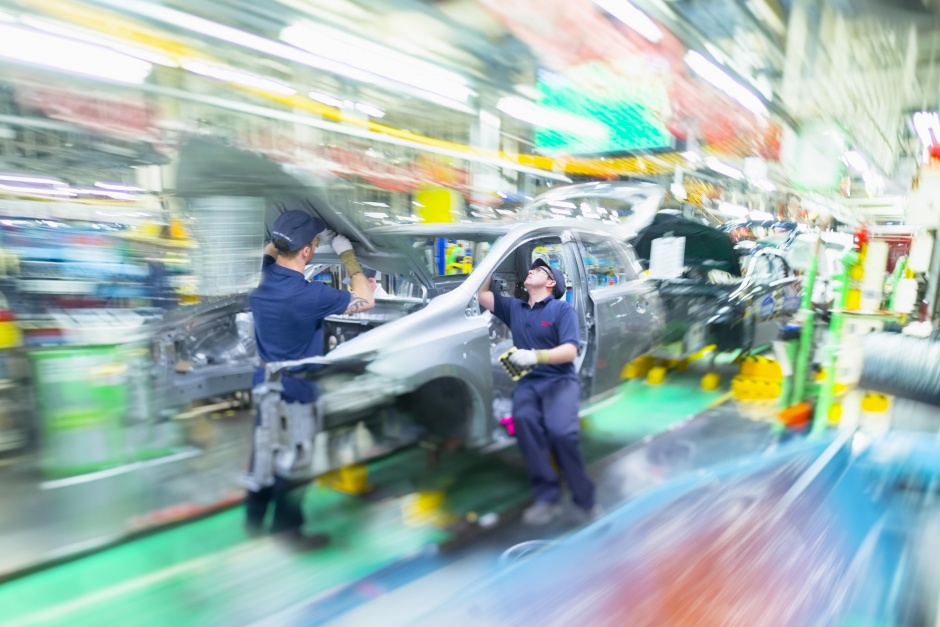
These stark warnings are from a Business, Energy and Industrial Strategy (BEIS) select committee report that predicts non-tariff barriers - border delays and increased bureaucracy – are also likely to harm UK competitiveness.
Titled The impact of Brexit on the Automotive Sector, the report recommends that government 'places a high premium' in its Brexit negotiations on securing frictionless trade for Britain’s volume automotive manufacturers.
Rachel Reeves MP, chair of the BEIS committee, said: "Innovative and efficient car plants across the country provide thousands of jobs and the automotive sector is a major contributor to our economic growth. There is no credible argument to suggest there are advantages to be gained from Brexit for the UK car industry.
“Regulatory consistency and friction-free trade benefits car companies, consumers and car-workers. The prime minister now needs to ensure common-sense pragmatism prevails and spell out the government's intention to seek continued regulatory and trading alignment with the EU in the automotive sector."
Britain’s automotive industry is largely export-led with Europe as the primary market. The industry is also one of the most closely integrated sectors with the EU. The UK automotive sector's success is built on the complex supply chains that stretch throughout Europe with parts transferred through different countries before being assembled into the final product.
According to trade union Unite, 1,100 lorries with automotive parts arrive from the EU on a daily basis. Many automotive companies operate a just-in-time operation with assembly sites storing just 20 minutes of materials.
The report looked at potential post-Brexit opportunities and concluded that bilateral trade deals were unlikely to lead to a significant increase in investment and jobs in the UK automotive sector.
The report recommends that government preserve existing arrangements for the certification of vehicles throughout the EU, either as part of a Mutual Recognition Agreement or some alternative arrangement. To maximise trade opportunities with the EU and to provide certainty to global manufacturers, the government should aim also to retain regulatory alignment with the EU regulatory framework for the short to medium term.
https://www.theengineer.co.uk/toyota-auris-burnaston/
The report follows an announcement yesterday (February 28, 2018) that Toyota will produce the third generation Auris model at its Burnaston plant in Derbyshire.
Commenting on the announcement, Dr Johan van Zyl, president and CEO of Toyota Motor Europe, said: “With around 85 per cent of our UK vehicle production exported to European markets, continued free and frictionless trade between the UK and Europe will be vital for future success.”
According to the Society of Motor Manufacturers and Traders (SMMT), the introduction of trade barriers will result in a £4.5bn drop in exports.




Project to investigate hybrid approach to titanium manufacturing
What is this a hybrid of? Superplastic forming tends to be performed slowly as otherwise the behaviour is the hot creep that typifies hot...